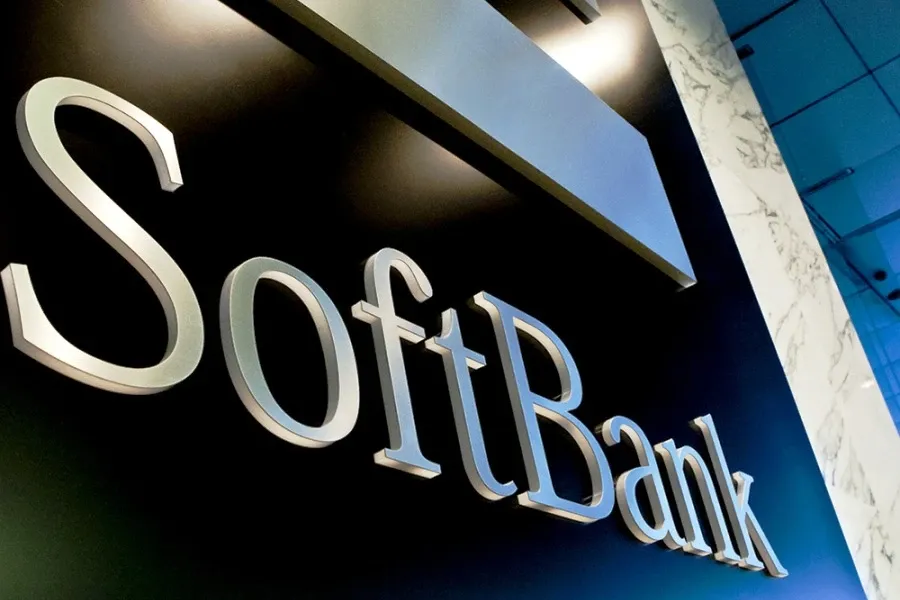Samsung Sees Steep Jump in Revenue and Operating Profit in 1Q24
Samsung expects a turnaround in the global smartphone market in the second half of 2024.

SoftBank led a $93 million investment in a startup that simplifies the process for companies to use machine learning or deep learning applications at scale, according to Bloomberg.
Petuum, based in Pittsburgh, makes artificial intelligence software that can be used by a variety of industries. For instance, Petuum’s health-care software system uses electronic medical records to provide potential disease diagnosis and treatment recommendations. The startup also makes an operating system that allows customers to use artificial intelligence applications on hardware, including data centers. The investment will be used to expand Petuum’s team and further develop its operating system for specific industries, including manufacturing and health care, the company said in a statement.
While all of the big technology companies, from Google to Facebook and Amazon are racing to develop ways to use artificial intelligence, there are few examples outside that sphere of significant applications built at any meaningful scale, Petuum said. The company says it’s created a flexible operating system that makes it easy for a broad range of users to build any type of machine learning or deep learning app at scale and deploy applications on a wide range of hardware.
“This technology should be standardized, accessible, and mass-producible, so that all can benefit from artificial intelligence, machine learning and deep learning,“ said Petuum founder and CEO Eric Xing. “We have surmounted many technical challenges as we work toward a standard and universal artificial intelligence platform.“
Petuum’s fundraising round included participation from private equity fund Advantech Capital. The startup, which was founded in July 2016, said it has now raised $108 million to date. Its founders include Xing, an artificial intelligence professor and associate head of Carnegie Mellon University’s Machine Learning department, as well as Qirong Ho, an adjunct assistant professor at the Singapore Management University School of Information Systems and Ning Li, a former advanced technology manager at Seagate Technology.